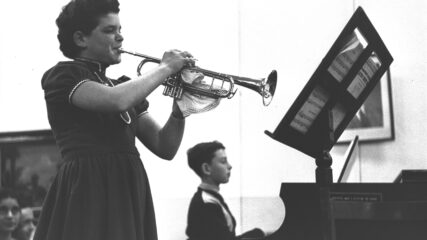February 24, 1874
Early Zionist leader Moshe Smilansky, whose influence ranges from the military to agriculture and literature, is born near Kyiv, Ukraine.
Smilansky first visits Palestine in 1890 and settles in Rehovot in 1893 to become a farmer during the First Aliyah. He grows grapes, almonds and citrus. He helps found the moshav movement, which combines private ownership with collective farming. He is named the president of the movement’s Hitadut HaIkarim (Farmers’ Federation) in 1922 and edits its weekly publication from 1929 to 1937. He also is active in the purchase and settlement of land in the Negev between the world wars, a crucial step in defining the future borders of a Jewish state.
Smilansky serves in Britain’s Jewish Legion during World War I and is the local commander of the Haganah in Rehovot through the Jaffa Riots of 1921. He opposes Jewish violence against the British during the 1940s.
A delegate to the Seventh Zionist Congress in 1905, he considers himself a disciple of Ahad Ha’am, the leading voice of cultural Zionism. Smilansky advocates peaceful coexistence with the Arabs and often espouses the concept of a binational state in Palestine.
His political views are prominent in throughout his writing career, which he begins after getting treatment for an illness in Europe in 1906. He writes nonfiction and fiction, including a series of stories about Arab life in Palestine. He receives the Ussishkin Prize for Literature in 1949 for an essay describing the role of the Jewish National Fund in the establishment of Israel.
Smilansky dies Oct. 6, 1953, in Tel Aviv and is buried in Rehovot.



